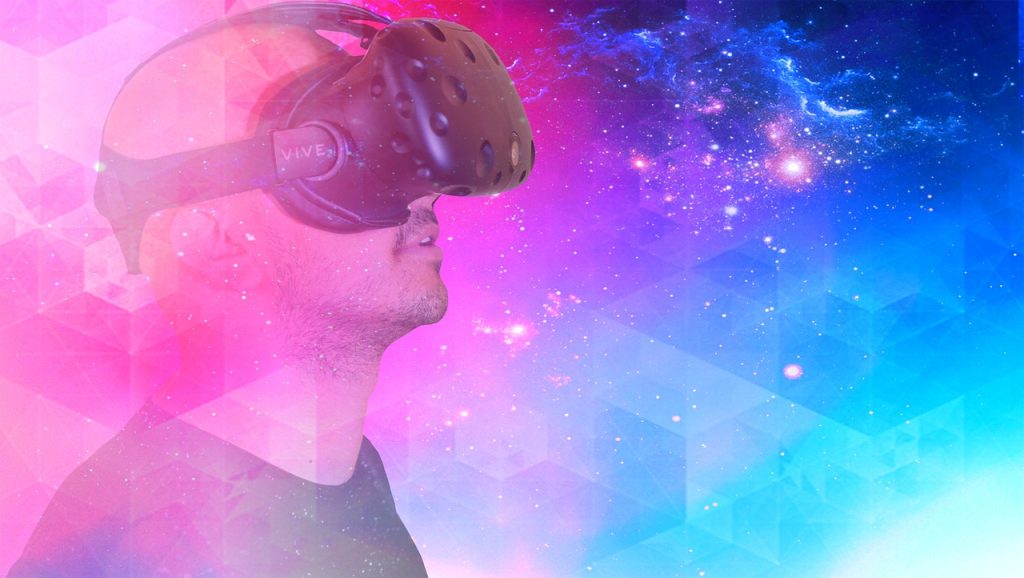The Metaverse Was Already On Its Way. But What Exactly Is It?

Consider donning a VR technology headset and being able to attend a conference, play virtual chess with mates, or attend a concert as a hyperrealistic alter ego from the comfort of home. Sounds enjoyable and simple, doesn’t it? Tech titans hope so, which is why they are pouring billions of dollars into a place known as the “metaverse.”
The only problem is that the metaverse does not yet occur and is highly improbable to do so anytime soon. As such, why are businesses betting on such a technological longshot? Or why do they believe it has such enormous transformative potential?
What exactly is the metaverse?
The metaverse is an activity. for example domain, but it is more than just yet another social networking site that enables visitors from all over the world to communicate with one another. To simulate how humans communicate in the actual world, the metaverse employs virtual and augmented truth.
Inside the 3D virtual world, we [the contestant or player] experience ‘visible’ in the room, as well as the level of freedom to keep moving around, take a glance around, or even communicate with its subject matter and occupants, tells Norm Badler, a virtual world research fellow at Cesium, a 3D geospatial software development company based in Philadelphia. In an email, he adds, The latter could be alter egos of many other real-time attendees, automatic control organizations[humanlike or otherwise], or which was before [and stored] motion comic of ourselves.
If that makes it sound like a storyline from a science fiction novel, it’s because it is. Neal Stephenson invented the phrase “metaverse” in his 1992 book “Snow Crash,” which was set in a 3D virtual environment populated by consumer avatars.
But now, the pandemic, that has left many people stranded at the home’s deep desire for contact with the outside world, has hastened a shift in mindset regarding virtual connections. CEO Mark Zuckerberg took advantage of the opportunity to rename his company from Fb to Meta in order to prepare for “the next chapter of the web,” as he explained it in an October declaration.







